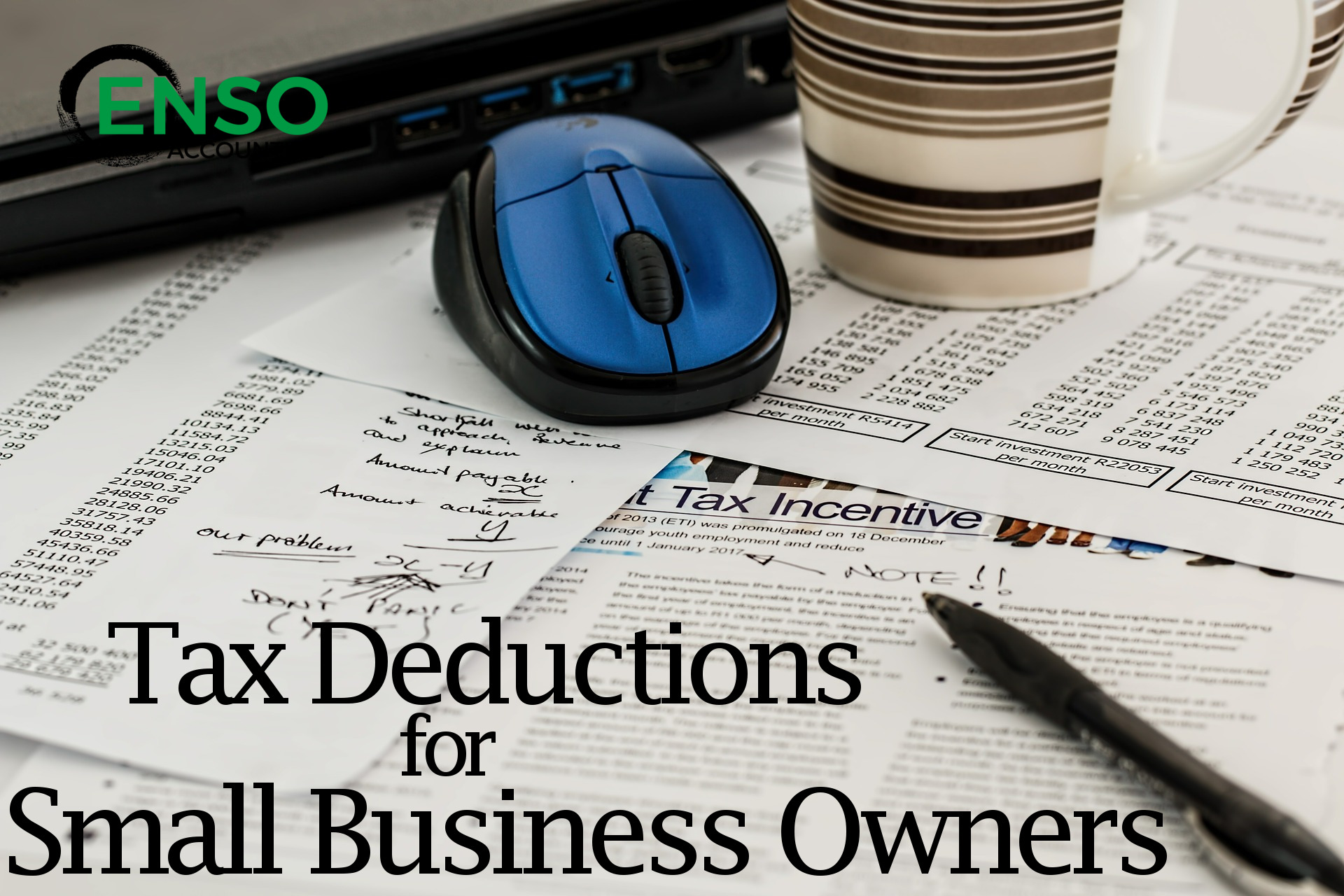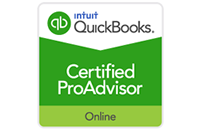As you prepare to file your taxes, listing deductions for your small business will help you bring in major returns. While you may be familiar with a few general tax deductions, as a small business owner there are several more that you can use to your advantage. Let’s go over some small business tax deductions that you can and should file.
Meeting Deductions
Conducting business can be expensive. You’ve probably needed to attend meetings with potential clients or even go to networking events to build your client base. If your meeting is over food and/or other refreshments, this adds additional expense. While these may seem like trivial costs, realistically, these are all necessary expenses for you to support yourself. Therefore, it’s perfectly reasonable to list the expenses generated from professional meetings as a deductible. In addition to the price of food, gas can also be factored into the amount. After all, you needed to go out of your way and use more gas for the sake of your business. If there were other expenses related to these meetings this can also be grouped under this kind of tax deductible.
Travel Expenses
If you’re constantly having to travel to support your small business, be sure to list these costs as a deductible. Like with the meeting, when you have to go out of your way to conduct business this means you’re spending money to earn income. The most common form of this deduction would be in the cost of gas, like the example of going to a meeting in your car. However, if you must make deliveries in your vehicle or travel via airplane or other mode of transportation, this can also be documented as travel expenses for your business. While you may be gaining income as a result of the travel, you deserve to have such expenses considered when paying your taxes.
Home Office Deductions
If you work from home or operate your business out of your place of residence, some of these expenses can also be considered tax deductible. Unlike an employee who works at a company, as a small business owner, you have to pay to keep the lights on. You are the one that must pay for your internet access, equipment, electricity, and water. Because you’re using your home as an office, these expenses are necessary for you to make money and, in fact, are probably elevated because you must use your home resources to work.
Go ahead and assess how much you’re actually using your home for work. For example, if you work forty hours a week, you’re probably powering your laptop or work computer much of this time. In winter, you’ll also have to use more power to keep you and your employees warm and comfortable. Remember, if you are spending money or using your own resources to make a living, these expenses are deductible, you must make this up in order to even make a profit!
Continuing Education
If you’ve taken a course, completed a degree, or obtained a credential that directly improves your capacity and ability to do business, the cost can be listed as a deductible. Bear and mind that not just any education can count as a small business deductible. The emphasis here is work-related. The education has to help you advance in your field. If you’re taking classes to gain qualifications for a career transition or to just enhance your general knowledge, these will not count. The education you’re seeking to claim as a deductible must also meet the base requirements of working in your specific business field. If your continuing education meets this criterion, you’re eligible. Some of the cost deductibles include learning supplies, tuition, transportation to instruction, and more.




